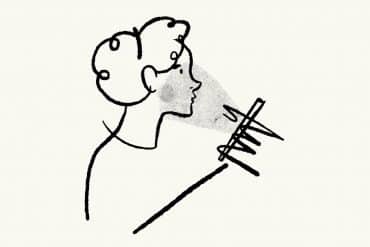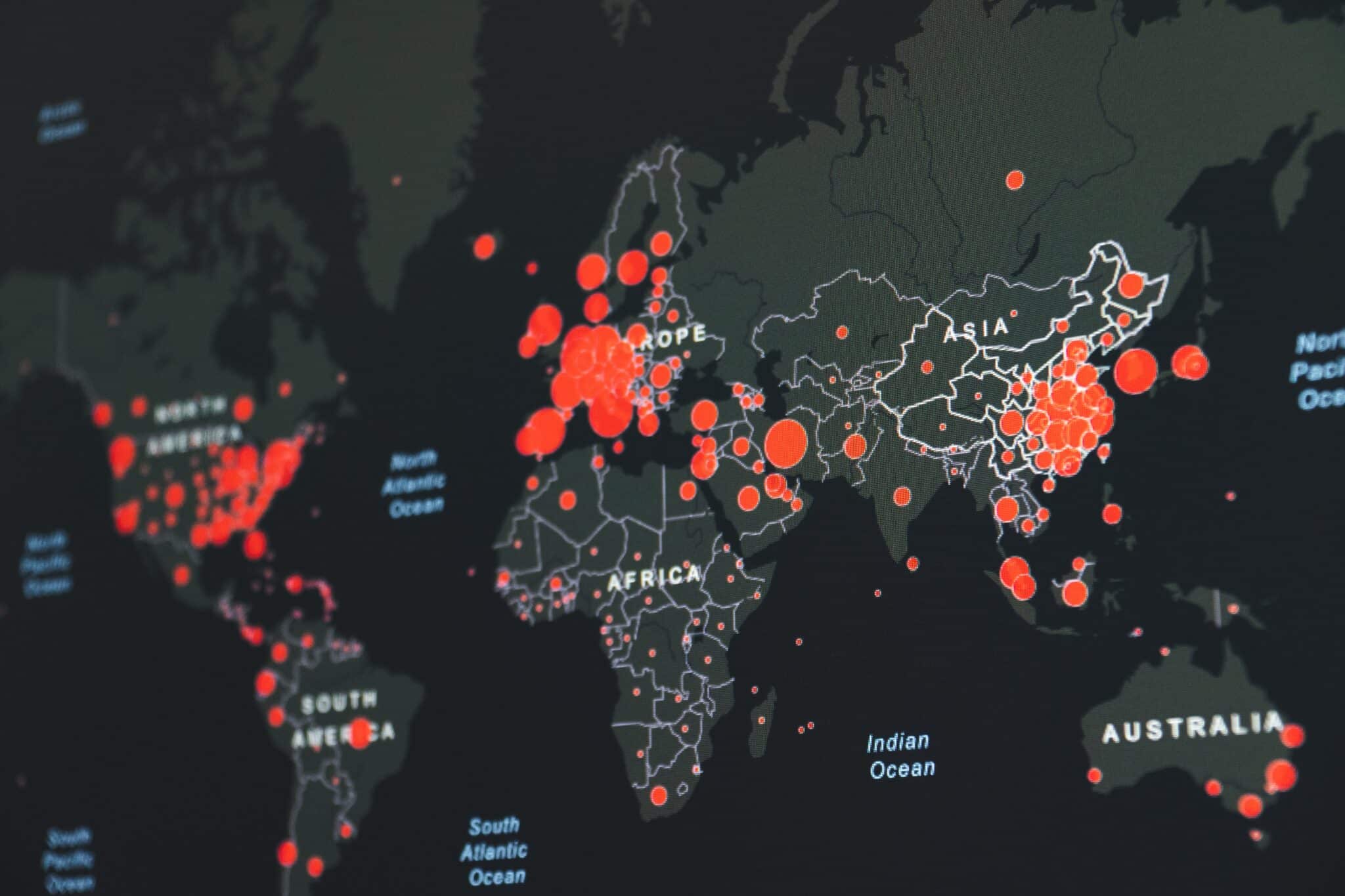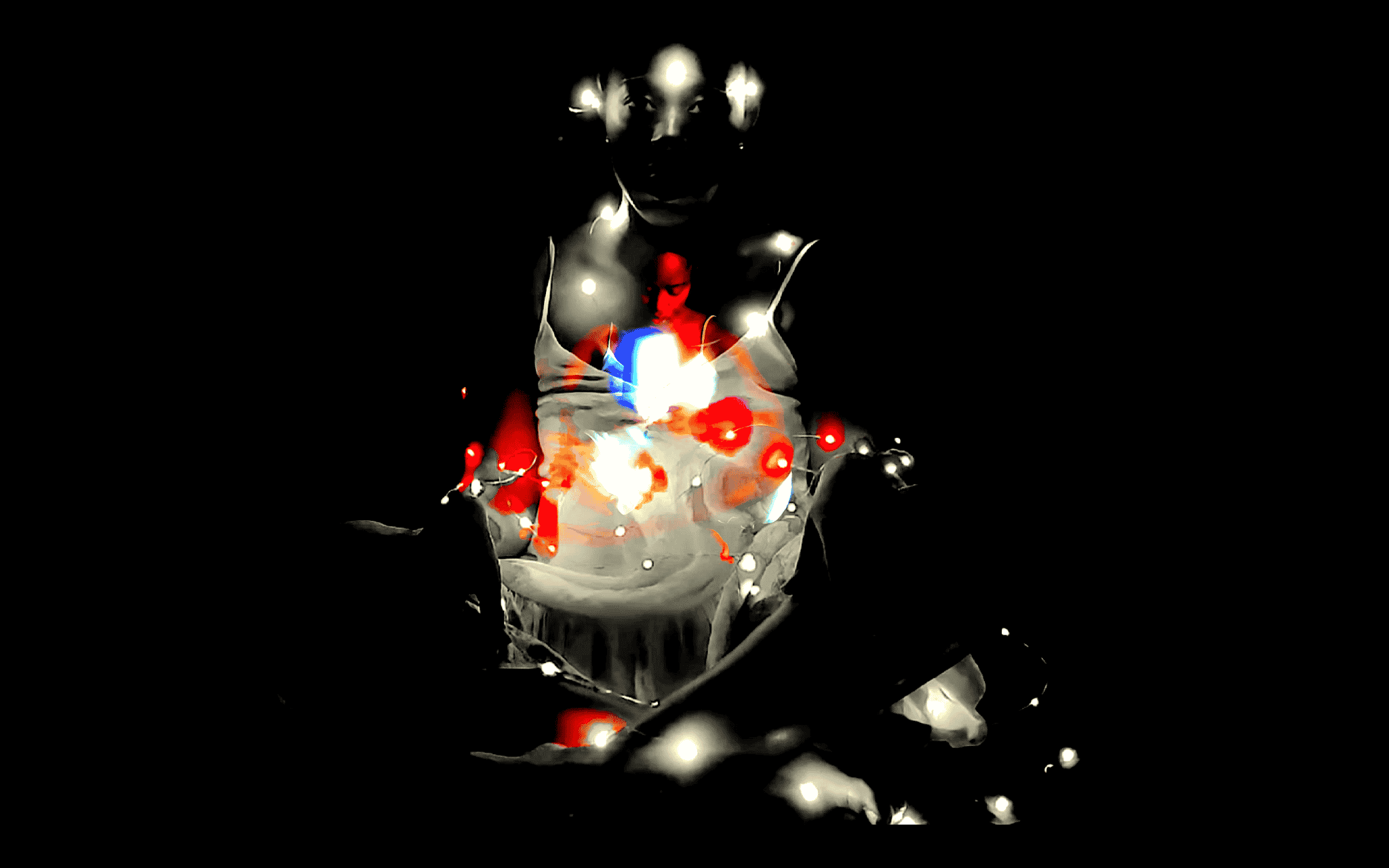The Resistant Analysand: A Memoir
Author’s Memo
My memoir is about my growing up as the daughter of a Freudian psychoanalyst in the 1950s, the heyday of the profession. The autoethnographic issues expressed have to do with the psychology of Freud’s early followers; and with personal repercussions of practicing Freudian therapy. It also deals with the importance of work for women at this time, especially mothers and housewives.

When my mother met my father in the early 1940s she was nineteen and a pretty, vivacious high school drop-out; he was thirty-three, a shy and socially awkward internist she briefly worked for as a secretary. Apparently he’d keep closing the venetian blinds in his office and she’d keep opening them. My mother would tell this as if it were an amusing story, but to me it just symbolized how, from the very beginning, their marriage was doomed.
During World War II my father went to England, where he served as an army medic and became fascinated by how, under the stresses of war, many soldiers’ illnesses turned out to be psychosomatic. As soon as the war was over he moved with my mother and toddler me to Indianapolis, where he studied to became a psychoanalyst; and finally we moved to New York, where he underwent his own analysis and began to analyze patients himself. Orthodox Freudianism suited his reticent personality, and he loved his new career. But this life was hard on my mother. Whereas he enjoyed staying home and reading the latest psychology journals, she wanted to go out and be with people who weren’t psychoanalysts.
During World War II my father went to England, where he served as an army medic and became fascinated by how, under the stresses of war, many soldiers’ illnesses turned out to be psychosomatic.
She felt inferior to the other analysts’ wives who’d gone to college and sometimes grad school and often had prestigious jobs. She began to suffer from depression, which neither a therapist nor the pills she took from the shoebox stuffed with drug samples in my father’s closet, seemed to help. On good days she’d put on a lot of make-up and, wearing tight clothes with plunging necklines, she’d shop at department stores like Lord & Taylor on Fifth Avenue. Or she’d play canasta with other women who didn’t work.
Bookish, artsy and what I imagined was bohemian, I thought she was shallow and saw myself as a Daddy’s girl (although he was too inhibited to give me much encouragement). One of the things I admired about him was how he knew not only about physical medicine, but also all about the apparently all-powerful unconscious. I was also impressed by how he worked long hours and occasionally stayed late or went in early to accommodate a patient who’d finally found a job.
She felt inferior to the other analysts’ wives who’d gone to college and sometimes grad school and often had prestigious jobs. She began to suffer from depression, which neither a therapist nor the pills she took from the shoebox stuffed with drug samples in my father’s closet, seemed to help.
For a brief period when I was a teenager my mother worked as an interior decorator, mainly for my father’s colleagues.
“It seems like all I do is sit around waiting for delivery men,” she’d complain.
“Um, that’s what they’re paying you for,” I’d point out disdainfully, my usual tone with her.
Her reaction to my scorn was to be haughty.
Thrusting out her chest, she’d declare, “I’m the queen around here.”
Triumphantly, “Then Daddy is king!”
…He worked long hours and occasionally stayed late or went in early to accommodate a patient who’d finally found a job.
______
In the 1960s, after I graduated from college and moved back to Manhattan, I began, as I’d always known I would, my analysis—five days a week, lying on the couch. Although my analyst was a fairly traditional Freudian, his office was in the brownstone where he lived with his wife and children, and I’d often catch glimpses of bikes, toys and, sometimes, various members of his family. My father, who believed that the analyst should be an absolutely blank canvas upon which the patient can project her fantasies, and whose Upper East Side office was across town from our Upper West Side apartment, would never have practiced in such a situation.
And unlike my father, who’d always have his answering service pick up when he was with a patient (during the rare times he’d answer himself, he’d try to limit his responses to Yes and No), my analyst would occasionally answer his phone while I was there. I suspected from his responses that he was telling someone—I imagined his wife (whom I imagined was a college grad who loved him)— things like where he’d parked or when he’d be free.
In the 1960s, after I graduated from college and moved back to Manhattan, I began, as I’d always known I would, my analysis—five days a week, lying on the couch.
Although my feelings about his private life could have been material for us to analyze, I usually kept them to myself: ironically and probably predictably, I was resistant to psychotherapy. Part of the trouble was that my father was paying for my sessions, which I wouldn’t have been able to afford on my salary from various arty, low-paying jobs. Another problem was that I brought a lot of baggage to being a patient because when I was growing up, my father would, unfortunately, bring his analytic persona home.
“Daddy? My tummy hurts.”
Silence.
Finally, “Did something happen at school that upset you?” he’d ask.
His analytic interpretations upset me, as did his silences and his tendency to answer a question with a question.
The whole idea of psychoanalysis was confusing.
“Daddy? Would you charge a patient for missing an appointment if he had to have, say, emergency surgery? And if someone close to your patient died, would you break your silence to say, ‘I just want to say, I’m sorry’? Would you charge your patient if she missed her appointment because she’d been rushed to the hospital?”
Silence.
Finally he’d ask, “Why are you so interested?”
(I’ve repressed whatever questions I must have had about what exactly was going on with him and his patients on that couch.)
“Daddy? My tummy hurts.”
Silence.
Finally, “Did something happen at school that upset you?” he’d ask.
His analytic interpretations upset me, as did his silences and his tendency to answer a question with a question.
The whole idea of psychoanalysis was confusing.
Even when my father answered my questions, it could be confusing.
“Daddy? What if you thought your patient’s backache or whatever was psychosomatic, but then it turned out he was being eaten alive by cancer?”
“That’s where the analyst’s medical background becomes helpful….”
“What if you couldn’t stand a patient? I mean, what if from the minute he first walked into your office, you hated his guts?”
He’d remind me that he—my father—was there to analyze and not to judge.
“Also, I’ve been analyzed and presumably I can deal with any negative feelings I might have that could interfere with…therapy” (At some point I’d forbidden his saying “treatment,” because to me, the word implied a laying on of hands.)
“Daddy? What if someone did something really nice for you, but you knew the only reason he did it was because he’d just been mean to someone and was feeling guilty.”
“I’d be grateful for whatever he did for me.”
“But it wouldn’t have had anything to do with you.“
“But he’d have chosen me out of everyone else he knew, to be nice to.”
“But….”
He’d remind me that he—my father—was there to analyze and not to judge.
Although my father was careful not to betray his patients’ confidences, occasionally he’d ask my mother or me something like, “Who is this Elvis the Pelvis?” which was clearly a reference to something or someone a patient had mentioned.
But after we’d tell him, he’d just change the subject, never explaining why he’d wanted to know.
(I don’t remember my mother and I ever discussing our feelings about living with a psychoanalyst husband/father. It might have made us closer.)
“Daddy?”
“Yes?”
“Sometimes I wish you were a… carpenter!”
“Oh?”
“Sometimes I wish you were a… carpenter!”
Once I started my own analysis, my father would respond to many of my questions by asking, “Isn’t that a question for your analyst?”
So although on the one hand I believed what I’d heard my whole life, that the best thing one could do for her future was to get analyzed, I tended to be wary of the whole process. Of course this resistance could have been material for me and my analyst to explore, but I tended to be secretive about these feelings. When something painful came up, I’d change the subject to something that didn’t seem too…personal.
Occasionally—like the time when I didn’t bring up how my analyst and I had recently seen each other in Central Park (where he was walking hand in hand with one of his children); or the time I saw his wife’s driver’s license, which she’d left in the patients’ bathroom (!)— my analyst would break his silence.
“There’s an elephant in the room,” he’d murmur.
Silence.
Or he’d gingerly refer to how he and my father were both, after all, psychoanalysts.
No comment.
Eventually he’d go back to silently waiting for me to be more forthcoming.
Although I was happier than my mother and less withdrawn than my father, I was certainly, like practically everyone I knew, what we called neurotic. I probably would have done better with a less-credentialed therapist who’d tell me I was wasting his time as well as a lot of (what I thought of as) my father’s money.
“There’s an elephant in the room,” he’d murmur.
______
Even after my parents divorced (in the 1960s), my mother still suffered from depression. I had my own apartment and wasn’t in close touch with her. I was busy with my new career teaching college English. And I’d fallen in love with Jim, who was warm, kind and funny, had had a fairly happy childhood and— unlike almost everyone else I knew—he’d never been in therapy.
Apparently one day my mother asked her therapist, “Where’s the magic pill?”
“Work,” he told her. “Work is the magic pill.”
And somehow she got herself a job as a saleswoman in the children’s department of Lord & Taylor. At first she had trouble learning how to do things like write up sales, and I worried that even with her employees’ discount, she was spending as much shopping for herself as she was being paid. But she seemed happier and, it was surprising for me to realize, she didn’t seem to see her job as any kind of come-down for someone who saw herself as a “queen.”
Apparently one day my mother asked her therapist, “Where’s the magic pill?”
“Work,” he told her. “Work is the magic pill.”
______
One day not long after I’d finally “terminated” my analysis, my analyst’s wife went to Lord & Taylor to buy a baby gift.
I can imagine the scene.
My mother, heavy make-up and bleached hair stiff with hairspray, wearing something tight and low-cut and smelling of breath freshener, gum, and White Shoulders perfume, waits on her. My analyst’s wife (I’ll call her AW) is in her forties. From the few glimpses I couldn’t avoid getting of her over the years, she has short curly hair, wears little make-up, and isn’t particularly stylish—she has the kind of looks about which my mother would say, “She’d be pretty if she tried harder.”
I doubt that either she or my mother, who would have preferred her more glamourous customers, is particularly interested in the other.
Suddenly, things change.
As my mother writes up the sale, she learns my AW’s not-particularly-common last name and her address.
“Are you related to the analyst?” she asks.
My AW is guarded: what if my mother is his patient?
“My daughter was his patient.”
“He’s my husband.”
For a minute the women just stand there looking at each other.
“My daughter was his patient.”
“He’s my husband.”
For a minute the women just stand there looking at each other.
Maybe my AW puts two and two together and, although I’d never seen the slightest resemblance, she realizes my mother looks like the grim young woman she used to see coming to or going from her husband’s office. Maybe she can’t wait to tell him, “You’ll never guess who I met at Lord & Taylor today.”
“You know,” my mother says, “I was married to an analyst, too.”
Her tone is haughty, in case my AW is surprised that someone like a saleslady could have been married to someone like a psychoanalyst.
If this were a fairy tale my mother would say something like, “Your husband is my hero,” and her eyes would fill with tears. “With his help, my daughter and I have become closer, and now, we really enjoy each other’s company.”
And it would be true.
If this were a fairy tale my mother would say something like, “Your husband is my hero,” and her eyes would fill with tears.
______
My father kept working into his seventies and eventually remarried. My mother moved to Florida, where she got a job at a woman’s dress store. Her customers were mainly “snow birds” who’d spend winters in Miami and then before the hot summer, leave for cooler places. I taught, wrote fiction, and married Jim. Although I’ve repressed most of my memories of all those hours on my analyst’s couch, I remember one (secret) fantasy I had about him.
He’s a warm, demonstrative and happily married dad who never brings his analytic manner home. Despite me, his most frustrating patient, he loves his work, and he’s an ethical and responsible therapist. But: His motives in encouraging me to talk about my father aren’t always pure. What my analyst secretly wants is for me to tell him about parenting mistakes my father made, so that he, my analyst, can try to avoid replicating them with his own children.
Credits
Featured image by Rivage for Unsplash
Learn More
New to autoethnography? Visit What Is Autoethnography? How Can I Learn More? to learn about autoethnographic writing and expressive arts. Interested in contributing? Then, view our editorial board’s What Do Editors Look for When Reviewing Evocative Autoethnographic Work?. Accordingly, check out our Submissions page. View Our Team in order to learn about our editorial board. Please see our Work with Us page to learn about volunteering at The AutoEthnographer. Visit Scholarships to learn about our annual student scholarship competition.
Karen Wunsch’s stories and memoirs have appeared in The Literary Review, Michigan Quarterly Review, Columbia Journal, North American Review, and elsewhere. A collection of her stories, Do You Know What I’m Not Telling You?, has been published by Serving House Books.










